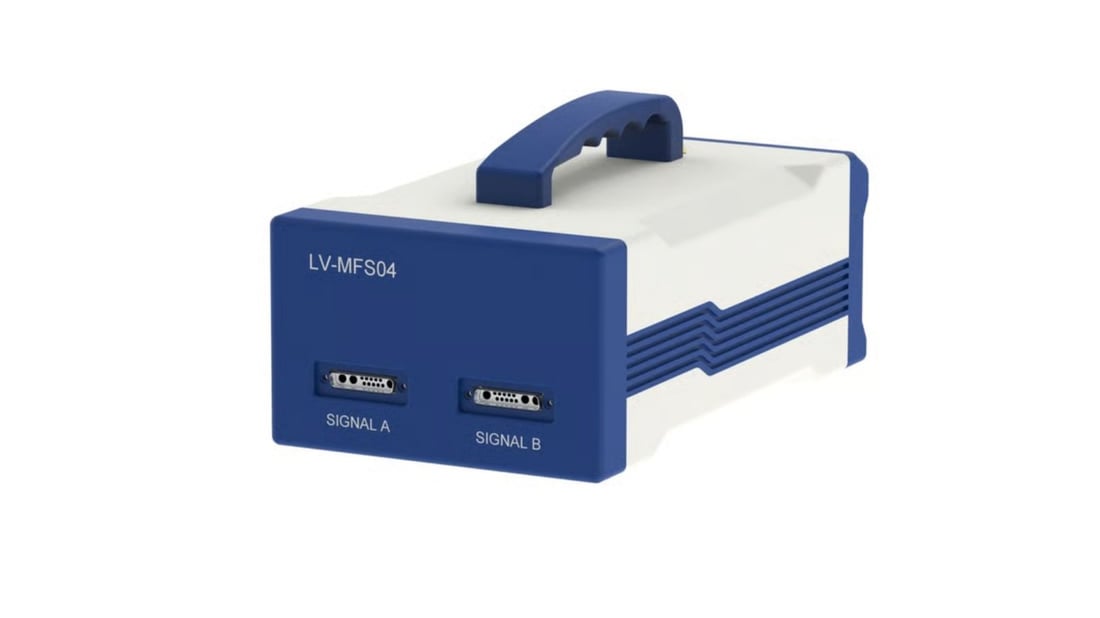Introduction to Vibration Meters
Vibration meters are essential tools used in various industries to measure vibrations in machinery and equipment. They help in monitoring and analyzing the vibration levels to detect any potential issues before they lead to machine failures.
How Does a Vibration Meter Work?
A vibration meter works by measuring the amplitude and frequency of vibrations in a machine or structure. It consists of sensors that detect the vibrations and convert them into electrical signals. These signals are then processed and displayed on the meter's screen in the form of graphs or numerical values.
Types of Vibration Sensors
There are different types of vibration sensors used in vibration meters, such as piezoelectric accelerometers, velocity sensors, and proximity probes. Each sensor type has unique characteristics and is suitable for specific applications.
Principles of Vibration Analysis
Vibration analysis involves studying the vibration patterns to identify any irregularities or faults in the machine. By analyzing the vibration data collected by the meter, engineers can diagnose the root cause of the problem and take corrective actions.
Frequency Analysis in Vibration Meters
Frequency analysis is a crucial aspect of vibration meters as it helps in identifying the natural frequencies of the machine components. By analyzing the frequency spectrum, engineers can determine the resonance frequencies and potential defects.
Calibrating a Vibration Meter
Calibration is essential to ensure the accuracy and reliability of a vibration meter. The calibration process involves comparing the meter readings with known standards and making necessary adjustments to eliminate any measurement errors.
Applications of Vibration Meters
Vibration meters find wide applications in industries such as manufacturing, automotive, aerospace, and construction. They are used for condition monitoring, predictive maintenance, and troubleshooting machinery and equipment.
Benefits of Using Vibration Meters
By using vibration meters, industries can prevent unexpected downtime, reduce maintenance costs, and improve overall equipment reliability. They help in extending the lifespan of machines and ensuring optimal performance.
Importance of Regular Vibration Monitoring
Regular vibration monitoring is essential to detect early signs of machinery faults and prevent catastrophic failures. By monitoring the vibration levels continuously, engineers can schedule maintenance tasks and avoid costly repairs.
Conclusion
In conclusion, understanding the working principle of vibration meters is crucial for maintaining the efficiency and reliability of machinery and equipment. Vibration analysis plays a significant role in identifying potential issues and ensuring smooth operations in various industrial sectors.
Quote Inquiry
Contact us!

